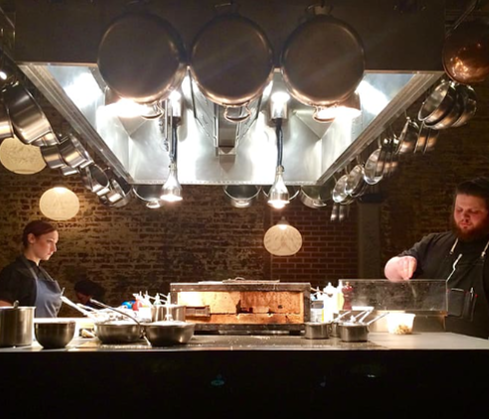
Introduction: Operating a restaurant comes with a unique set of operational challenges that can impact its success. From managing inventory and staffing to ensuring efficient processes, restaurant owners must tackle these hurdles to deliver exceptional dining experiences. In this blog, we will explore some common operational challenges faced by restaurants and discuss strategies to overcome them.
-
Inventory Management: Restaurants need to strike a delicate balance between having enough ingredients to meet customer demands and minimizing food waste. Poor inventory management can lead to overstocking, increased costs, and potential food spoilage. Implementing inventory tracking systems, adopting just-in-time ordering, and conducting regular audits can help optimize inventory levels and reduce waste.
-
Staffing and Labor Costs: Finding and retaining skilled staff is a significant challenge in the restaurant industry. High turnover rates, scheduling complexities, and rising labor costs pose operational hurdles. Leveraging employee scheduling software, implementing effective training programs, and providing competitive compensation and benefits can address these challenges and ensure a well-staffed and motivated team.
-
Streamlining Processes: Efficient and streamlined processes are essential for delivering excellent service and maximizing productivity. Bottlenecks in food preparation, order taking, and payment processing can lead to delays and dissatisfied customers. Investing in technology solutions like point-of-sale systems, kitchen display systems, and mobile ordering apps can enhance operational efficiency, reduce errors, and improve overall customer satisfaction.
-
Health and Safety Compliance: Maintaining strict health and safety standards is vital in the restaurant industry. Compliance with food handling, sanitation, and safety regulations is necessary to protect customers and employees. Regular training, rigorous cleanliness protocols, and proactive inspections can help restaurants meet and exceed these requirements, ensuring a safe dining environment.
-
Customer Service and Experience: Providing exceptional customer service and personalized experiences is a key differentiator for restaurants. Inconsistencies in service quality, long wait times, and lack of communication can impact customer satisfaction. Implementing customer relationship management (CRM) systems, training staff in effective communication and hospitality, and actively seeking feedback can enhance the customer experience and build long-term loyalty.
Conclusion: Operational challenges are an inherent part of running a successful restaurant. By addressing inventory management, staffing concerns, streamlining processes, ensuring health and safety compliance, and prioritizing customer service, restaurants can overcome these obstacles and thrive in a competitive industry. Embracing technology, fostering a positive work culture, and continually improving operational strategies will contribute to delivering exceptional dining experiences and achieving long-term success.





